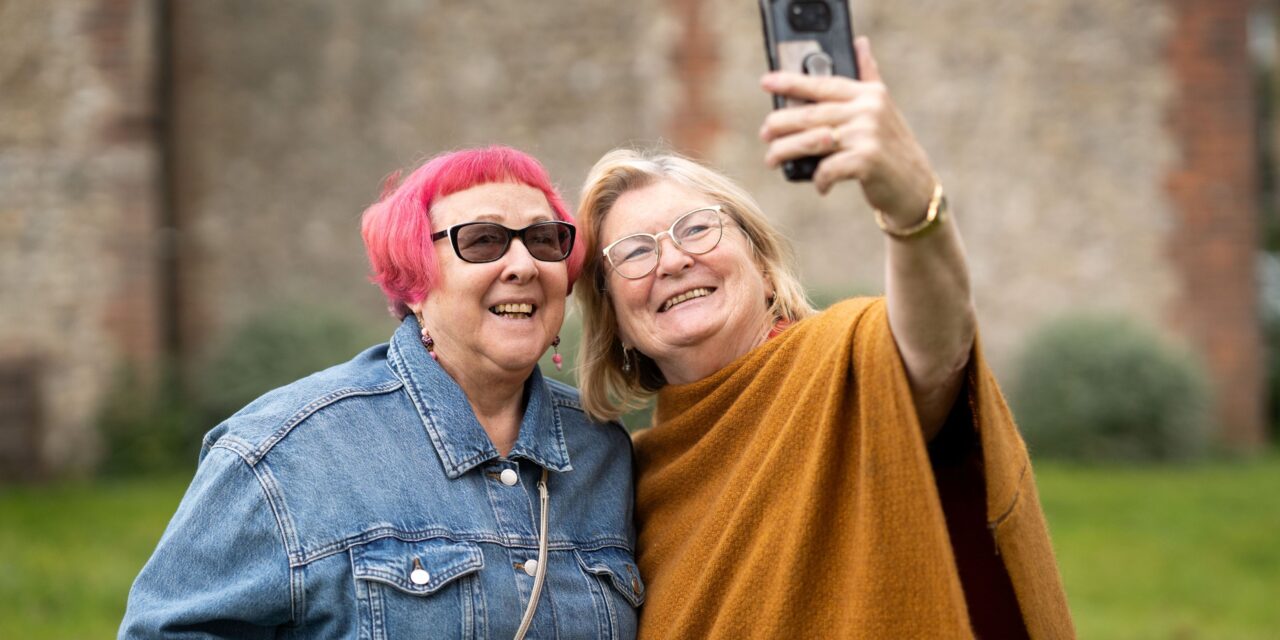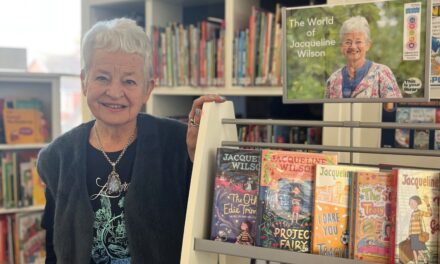From “having a senior moment” to “looking good for your age”, these kinds of comments slip into everyday conversations often unnoticed. Although some people may see this as harmless, for many this kind of casual ageism can have a detrimental effect.
With almost half of East Sussex residents 50 years old and over, and half of adults surveyed in England having experienced age discrimination in the last year, it’s a big deal. A new campaign highlighting the issues of ageism is challenging everybody to question the way they think about ageing – and is encouraging you to take part.
What is ageism?
We witness – and for many of us – experience, casual ageism regularly on TV, at work, in pubs, on social media – even in family conversations. Dr Carole Easton, chief executive of the Centre for Ageing Better, said: “Ageism is the prejudice that’s hidden in plain sight. We see and hear casual ageism every day, it’s embedded in our society and accepted as normal. People don’t understand how harmful ageism is.”
Ageism is often dismissed as being harmless, but research shows that ageist ideas or beliefs can be incredibly damaging for us as individuals and for wider society. They affect how we think about and act towards other people – as well as ourselves: how we talk to older people and how we talk about them, how we treat older people in our workplaces, in our communities, and even in health settings.
And it’s not just older people who feel the effects. Although East Sussex has a much older age profile compared to England and the rest of the South East, the age group most likely to say they had been badly treated because of their age is 18 to 29 year-olds (75%) – so it’s important to remember that ageism affects everyone.
Find out if you’re ageist
Most of us subconsciously hold ageist beliefs. And research has shown that children as young as four begin to form stereotypes about older people, so it’s never too early to get conversations going and start thinking about what we could all do differently. To find out what ageist beliefs you might hold, take the ‘Are You Ageist?’ quiz.
Action you can take
We can all play our part in trying to change ageist beliefs. Some of the things you can do include:
- Have a conversation. It’s a powerful first step to challenge negative stereotypes or to question the way ageing or older people are talked about. Learn more about how to call out ageism in everyday conversations using this guide.
- Organise an Action Day event on 20 March. It’s an opportunity for individuals and communities, workplaces, friends and families to learn, take action and change the way we all think about ageing.
- Follow the campaign on Instagram and and X.
Find out more
Visit the Age Without Limits website to find out more about the new campaign highlighting the issue of ageism, recently launched by the Centre for Ageing Better.





I’m 63. Don’t lecture me about how I feel about myself ageing, it comes across as deeply patronising.